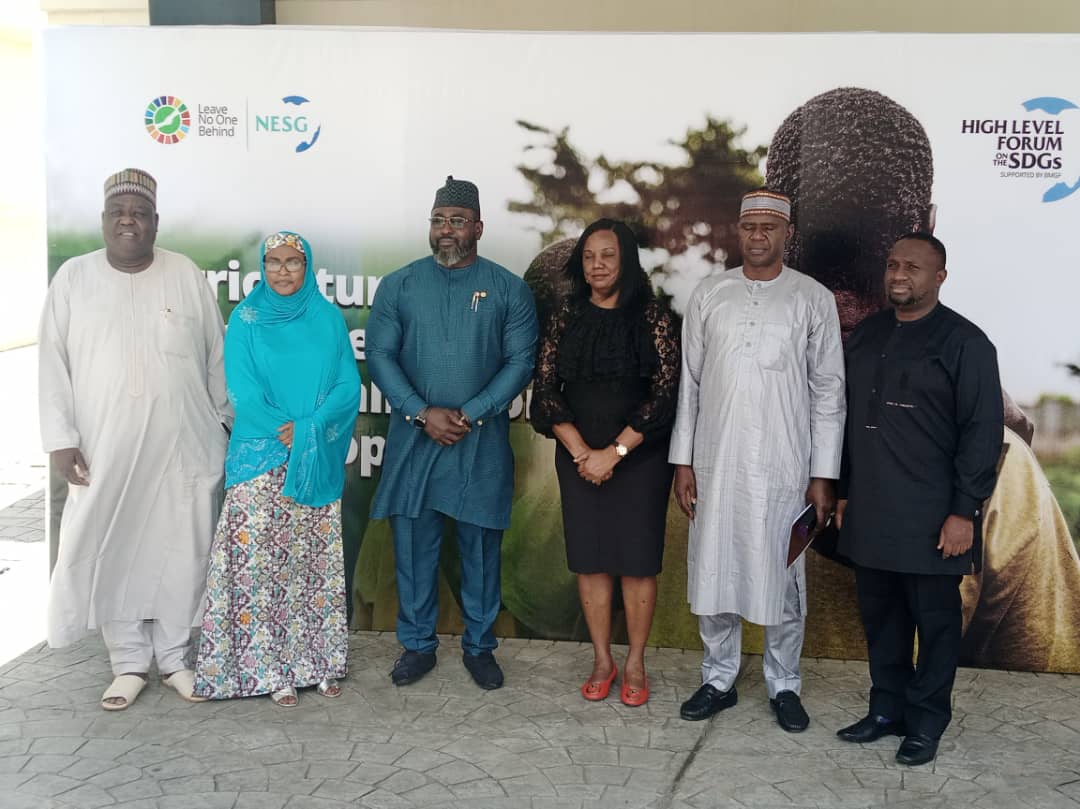
The Nigerian Economic Summit Group has expressed concern over the declining rate of cultivation of food crops by Nigerian farmers due to insecurity.
This was made known by the Chief Operating Officer, NESG, Dr Tayo Aduloju, on Tuesday, during an Agriculture and Food Security Nexus Validation and Consolidation symposium in Abuja.
Aduloju, who is also the Project Director for the High-Level Forum on the Sustainable Development Goals, noted that there was the need for urgent action for Nigeria to be food sufficient while lamenting that there was a huge gap between the supply and demand of food crops, adding that the country was not producing enough to meet local demand, leading so many citizens to suffer from hunger and starvation.
He said, “Some of the jobs we are creating in agriculture remain unsustainable, we are importing more agriculture products than we are exporting. The cultivation rate is going down. There is need for urgency to act, there are things we can do internally and externally to make things better.
“We need to improve heavily on our ability to meet the Sustainable Development Goals 2030.”
Also, a Director, Research and Planning, Mr Ibrahim Tanimi, representing the Permanent Secretary, Federal Ministry of Agriculture and Rural Development, Mr Earnest Umakhihe, noted that the Sustainable Development Goals had a global call to put an end to poverty.
Tanimi noted that, of the SDGs 17 goals, the very important ones for the agricultural sector were Goal 1 – No Poverty, Goal 2- Zero Hunger, Goal 5 – Gender Equality, Goal 10 – Reduced Inequality and Goal 13 – Climate Action, adding that the goal was to secure the planet, and ensure that everyone lived in peace and prosperity by 2030.
He also noted that the National Agricultural Technology and Innovation Policy 2022-2027 was the prevailing framework for promoting research.
Tanimi added that the goal included land and climate management services and private-driven mechanisation programme for enhancing crop yield per hectare, agricultural extension services delivery to increase the number of extension agents, a National Livestock Transformation Plan for facilitating grazing reserve, ranching animal breeding, dairy production and meat production, and national accelerated fish production programme of exploring marine and inland water resources, and national food.
“NATIP is the prevailing framework for promoting research and extension service delivery, access to finance and insurance, agricultural land productivity and rural community livelihood. In this regard, in place are the ministerial deliverables for agriculture sector as part of government priorities,” he said.




